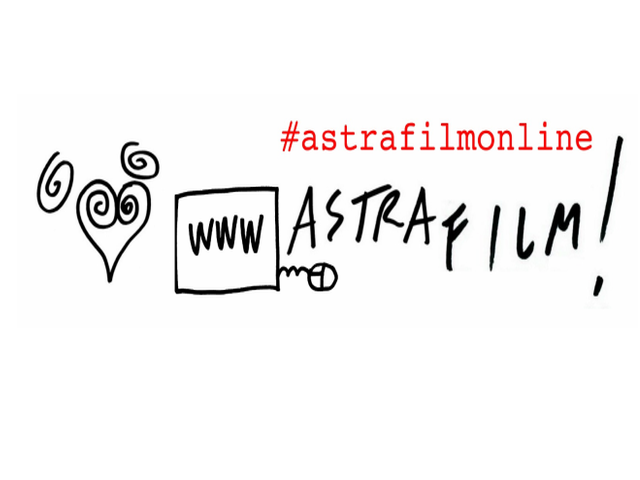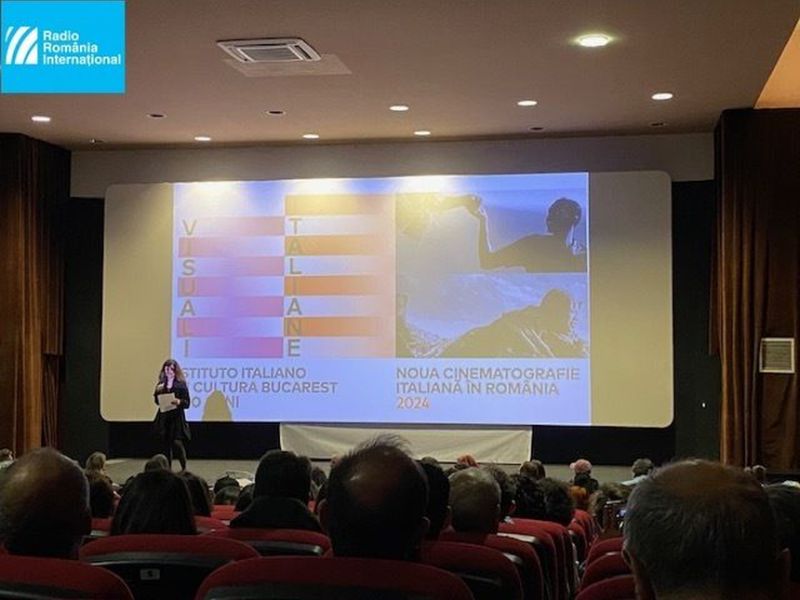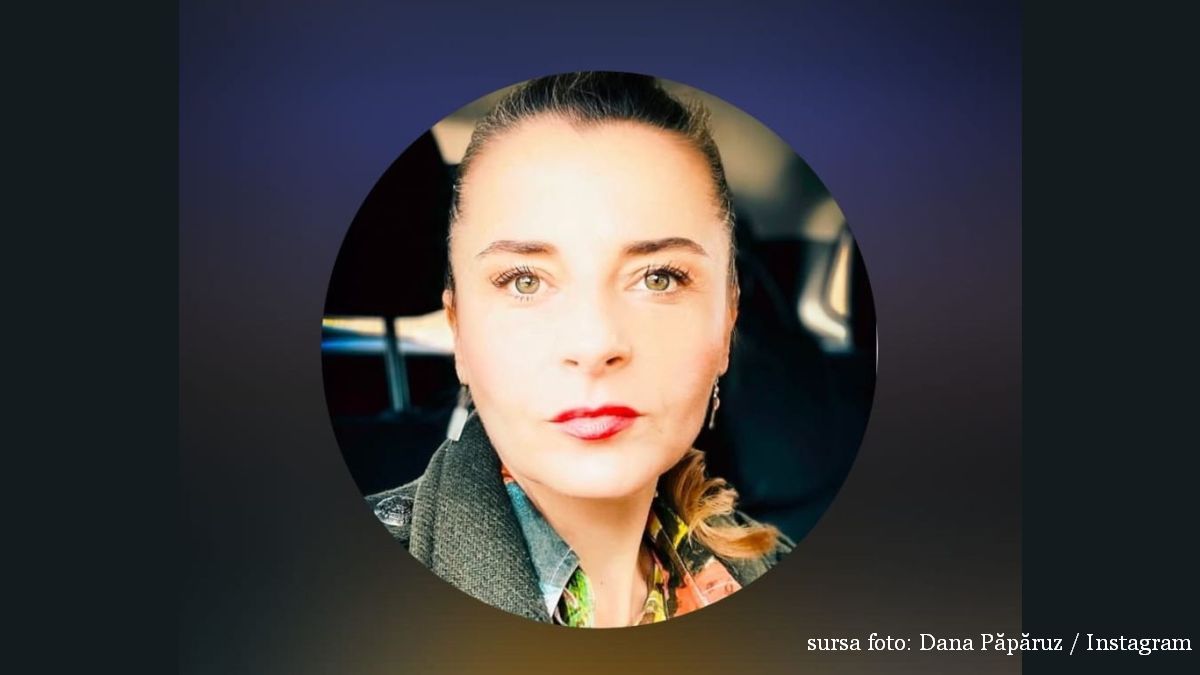The Astra Film Festival
The Astra Film Festival has a generous online program of documentary films, until its next edition takes off this coming autumn. The Astra Film Online has many-time awarded films and documentaries for children to be accessed on the festivals website, at www.astrafilm.ro. The Astra Film Festival was initiated by filmmaker Dumitru Budrala. On the festivals team, from the very early editions of the festival, has been Adina Marin. Adina gives us details about the festivals online offer.

Corina Sabău, 04.06.2020, 21:48
The Astra Film Festival has a generous online program of documentary films, until its next edition takes off this coming autumn. The Astra Film Online has many-time awarded films and documentaries for children to be accessed on the festivals website, at www.astrafilm.ro. The Astra Film Festival was initiated by filmmaker Dumitru Budrala. On the festivals team, from the very early editions of the festival, has been Adina Marin. Adina gives us details about the festivals online offer.
“We really wanted the Astra Film Online to take off, so, first of all, we focused on the award-winning productions. All along we have been adamant in stating that old documentaries could really stand the test of time, but that doesnt mean we screen only older documentaries. It means that films made last year are on, during the festival, they were screened at the Astra Films most recent editions, but, then again, you can also watch productions made before 2010. The days of Monday, Tuesday and Wednesday, we dedicated them to the Astra Junior Film productions. We shouldnt forget Astra Junior Film is a phenomenon by means of which Sibiu has become unique, and that happened not only in Romania, but all around Europe. And I am not at all wrong saying all the foreign guests who attended AFF and watched the programmes as part of the Astra Junior Film were very impressed with the scope of the phenomenon, with how the entire school community was involved in that. A common practice we had for Astra Junior Film during the festival, but also throughout the year, was to offer productions for age groups, tailored for the little ones, but also for secondary school pupils and high school students. Now, for the Astra Film Online, we decided to focus on the very young viewers alone, since for its main part, their school activity has been conducted online these days. So what we have for them is a special offer, made of films we have already screened at previous editions of Astra Junior Film, the success they enjoyed was tremendous. Films are part of a series titled The Mornings of the World, it is a very emotional series, at that,”.
Described as Romanias leading documentary and social anthropology film festival and a keynote event for the European documentary film community, the history of the Astra Film Festival speaks about a decade-long culture and history of documentary film-making. Center-stage at the festival lies the non-fiction cinema from Central and Eastern Europe, with emphasis laid on the competition section for the documentaries coming from that area of Europe. This year, the Astra Film Festival celebrated its 27th anniversary. We sat down and spoke with Adina Marin about the festivals contribution to the progress of the documentary film in Romania, but also about how the progress of the documentary film is perceived, from the perspective of the Astra Film Festival.
Adina Marin:
“By all means, the Astra Film Festival had its own say, now that we have brought this up, that is how the non-fiction film is being perceived in todays Romania. When he thought out and initiated the festival, in the early 1990s, documentary filmmaker Dumitru Budrala, now the director of the event, was all by himself, for the inaugural and the second edition he was the sole organiser. Its still so incredible for me, even as we speak, that he was capable of gathering around a bunch of collaborators and talking them into working on a project that in the early 1990s was almost impossible to be placed on the market. And I am saying that because such a festival, a festival of documentaries, was held against the backdrop of an audiovisual market that did not exist, in a country where democracy was still in its infancy, a country that had newly emerged from communism and from the dire condition of the 1980s. So it was against that backdrop that Dumitru Budrala thought of mounting a non-fiction film festival. A documentary film festival in its own right, and not a festival including propaganda documentaries, as back then thats how the documentary film was unfortunately perceived. Dumitru Budrala initiated that event dedicated to the anthropological documentary, which analyzes, turns into film and tries to make sense of the diversity, the freedoms, of how people are, people from everywhere. In the 1990s, that was a one-of-a-kind undertaking, something new, at that time. I remember we barely had something to promote for the first editions, since the documentary made in Romania at that time were usually films that presented the heritage of a museum. Thats pretty much how a Romanian documentary film was made in those days. So if we draw a comparison between the films that were made back then and the films we have screened as part of the Astra Film Festival in recent years, that should speak for itself. For instance, we have an online screening of The Trial, a highly-acclaimed documentary, nominated for the Gopo Awards, made by Ileana Bârsan and Claudiu Mitcu, a film that brings center-stage, using the code of the non-fiction film, a series of absolutely faulty mechanisms of the Romanian justice system. And that is just one example, I can also speak about lots of other Romanian many-time awarded productions. The Astra Films major contribution is, first of all, the creation of a space where Romanian filmmakers who have been taking an interest in the genre of the documentary film had the chance to see for themselves how things are being done elsewhere around the world or what the documentary as a genre means. And quite a few of them grew fond of that film genre, which offers you an immense number of possibilities. “
( Translation by Eugen Nasta)





























